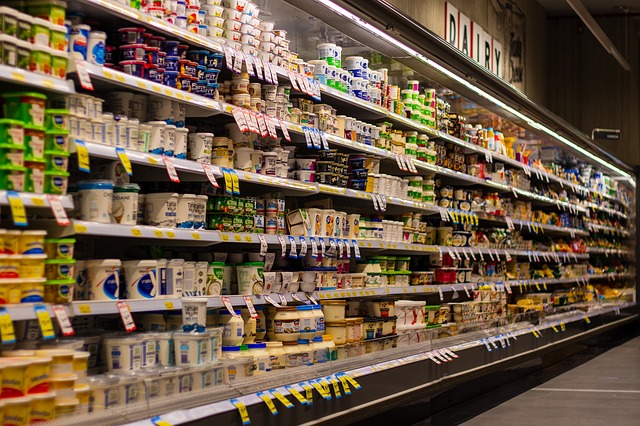There’s no doubt that new tariffs bring higher prices, Consumers are not only worried about the tariffs that are imposed on basic items, but also on gifts that they are planning to buy this holiday season.
Tariffs on increments
On December 15, 2019, a 15% tariff is scheduled to take effect, this will affect consumer electronics. Namely cellphones, game consoles, and tablets. The President delayed the implementation of these tariffs, scheduled September 1st, to give leeway for Christmas shopping.
Even with the delay, consumer spending has dramatically declined the second half of August and it’s in a reluctant position to spend.
Retailers are trying to soften the full effect on prices increases to the consumers. Matthey Shay, President, and CEO of the National Retail Federation, in an interview with Fox business news, said, “You get all the pain, not all the gain with these tariffs.”
The timing of the tariffs is difficult since it took effect before the biggest shopping seasons of the year.
The September 1st tariff was imposed on clothing, chocolate, chicken, and books just to name a few. And will cover more basic items that households use on the next round of tariffs.

These items are staples with consumers and the list of products is growing.
We know thus far the existing tariffs are costing $600/ household in the current JP Morgan study; A New York Fed study, tariffs will cost households an additional $800/ year which wipes-out the tax reform gains. This will affect the everyday Joe from here.
With the low unemployment, consumers continued to spend in July but with the tariff battle governed the beginning of August, consumer sentiments went down sharply in the middle of the month even when the Fed lowered the interest rates to offset tariff impact.
Next round of tariffs
With another tariff hike coming on October 1st, which will affect more basic commodities like soaps, shampoo, nuts, and even perfumes. Consumers will feel the shock even before the holiday shopping kicks-in and we don’t know how the reaction to high prices will affect behavior in the near term.
Companies are trying to source raw materials and labor other than China but assembling a supply chain could not be done in just a few months.
Small business concerns
Another concern by JPMorgan is small businesses. They will not have the ability to absorb the additional cost imposed by the tariffs as the bigger retailers can. That means they need to resort to measures to pass the cost sooner to the consumers or decrease their workforce that may spur layoffs in the immediate future.
Small businesses account for half of the labor force in the U.S. Smaller companies may be forced to cut jobs to cope with tariffs just to stay afloat.
Changing behavior
The uncertainty of the tariffs will be the influencing factor on how the consumers’ behavior will change in the next months. Definitely, tariffs bring higher prices and will have a great effect on consumers on how they spend their money.
In the meantime, planning your Christmas list is the best proactive move that you can do. A humbler Christmas to celebrate with family and friends are another one too.




